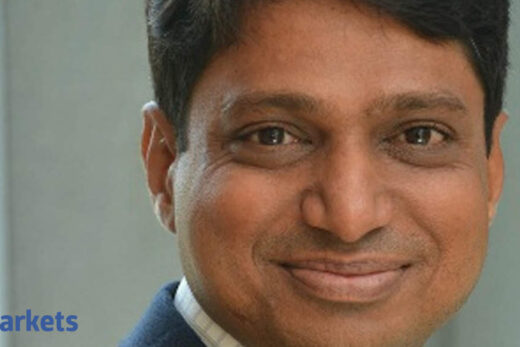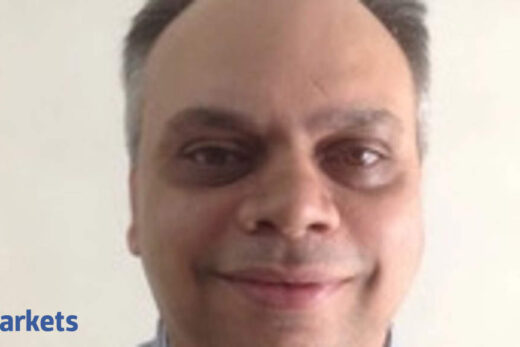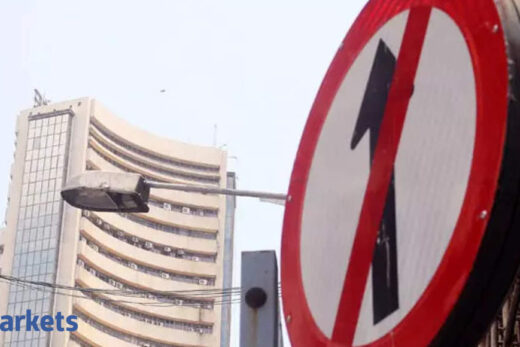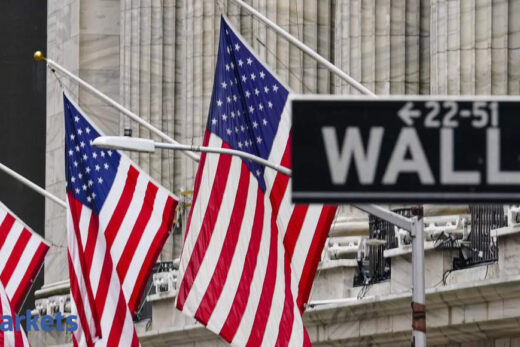While the US central bank has so far maintained that the economy is yet to show substantial further progress to meet its criteria for a hike in interest rate going ahead, last week’s 30-year high inflation print for October has left investors unconvinced.
Already, investors have factored in a high probability that the central bank will increase rates twice next year once it concludes the tapering of its bond-buying program by the middle of the year.
That said, Morgan Stanley is skeptical of the possibility of an increase in interest rates next year.
“While QE tapering has commenced rather uneventfully and should conclude by mid-2022, our economists do not expect the first rate hike to come until 1Q23,” the brokerage firm said in a recent report.
Morgan Stanley’s confidence comes from the assumption that inflation in the US will come down by the time the US Fed holds its March monetary policy meeting. The central bank has so far maintained that the current inflation spurt is driven by supply-chain challenges.
The expectation is that as rapid vaccinations allow the labour market and the wider economy to heal, supply chains will catch up soon enough.
Further, Morgan Stanley expects a raft of changes in the US Fed’s rate-setting panel by March given that a few members are nearing the end of their term including the US Fed chief Jerome Powell. Media reports in the US have suggested that not many Democrats, currently ruling the US Congress, are fond of Powell – a Trump era appointee.
“This contributes to our Macro Strategy team’s view that US real rates can lead yields higher in the near term (on solid growth and tapering), before the market adjusts to a more dovish reaction function by re-pricing breakevens wider over 2H22,” Morgan Stanley said.
If Morgan Stanley’s view plays out, it could reduce the pressure on the Reserve Bank of India as well to respond to the rate hikes. So far, the central bank has only moderately squeezed out its pandemic liquidity enhancement policies but remains skeptical of any need for change in policy stance.
The RBI, like the Fed, has maintained that high inflation is a function of transitory factors and expects the same to simmer down eventually in the latter half of next year.
“The future trajectory of growth, however, is strewn with many challenges, most notably from how the pandemic will evolve. Overall, growth remains critically dependent on policy support and needs nurturing for sustained recovery,” RBI Governor Shaktikanta Das was quoted in the minutes of the latest monetary policy meeting.



